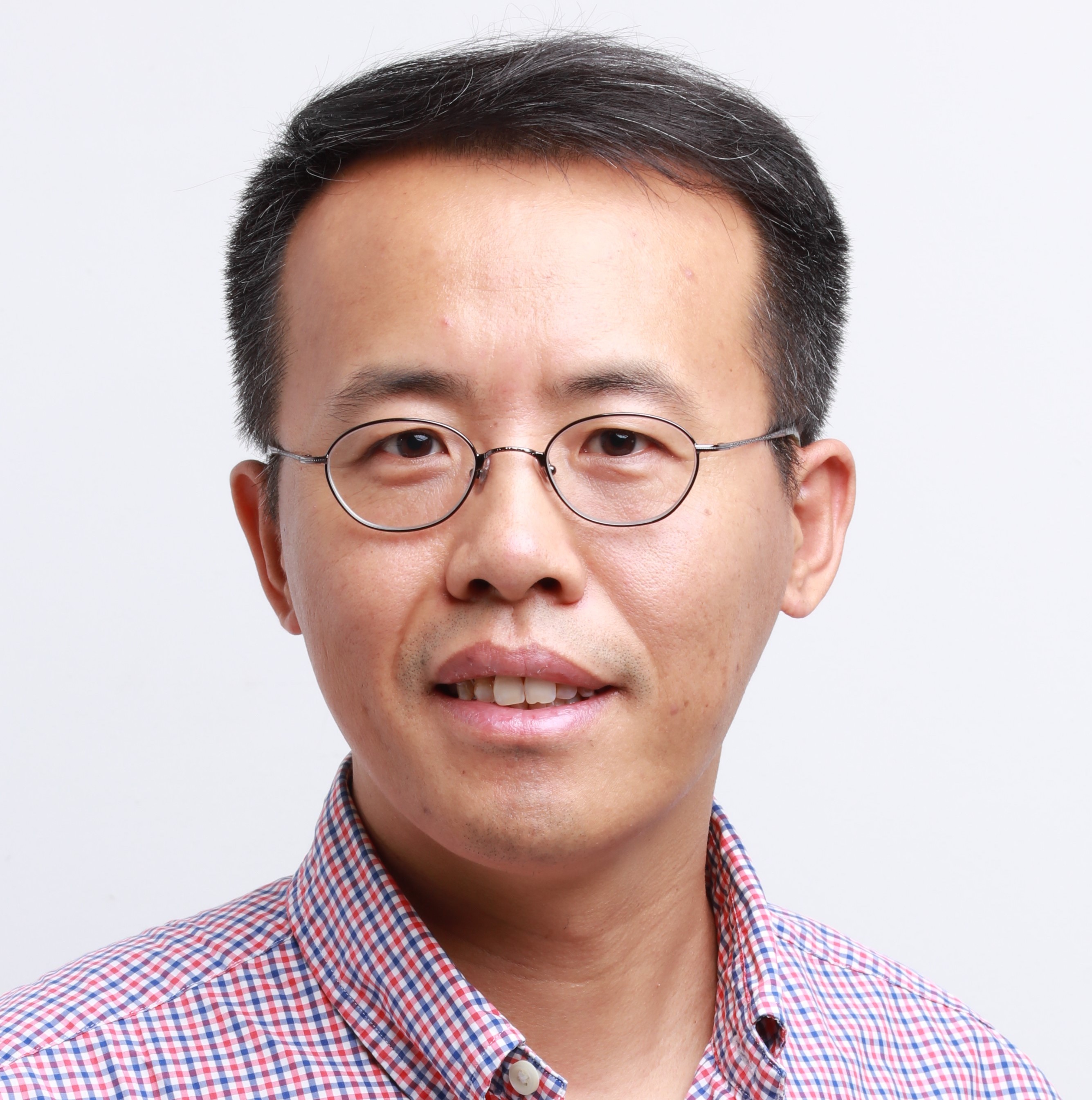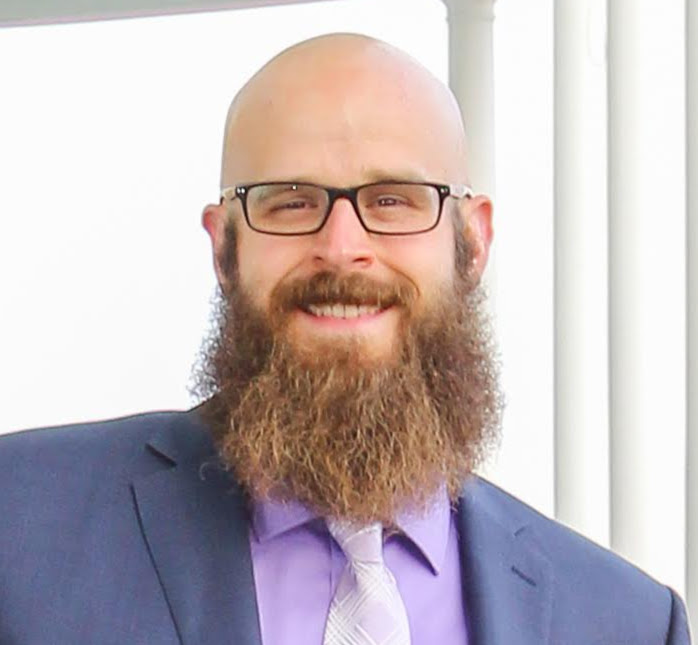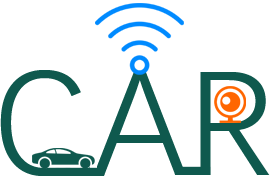|
The Third IEEE International Conference on Connected and Autonomous Driving (MetroCAD 2020) Detroit USA, February 27-28, 2020 |
|---|



Keynote Speakers
Delivering Value from Connectivity across the Vehicle Lifecycle
Vice President of Connected Services, Aptiv
Thursday, Feb. 27, 9:10 - 9:55 AM

Bio: Charlene Chu is Vice President of Aptiv Connected Services, a position she has held since March 2019.
Charlene is responsible for the product management and marketing of Aptiv’s connected vehicle services, which includes their edge computing and data as a service platform. Connected Services is a
critical component of Aptiv’s overall next generation Smart Vehicle Architecture, Autonomous Mobility and Advanced Safety systems. Charlene also serves on the Aptiv Foundation Board, an independent,
non-profit organization whose purpose is strategically contributing funds to worthy causes with a focus on education, primarily in the areas of science, technology, engineering and math (STEM).
Before joining Aptiv, Charlene has held various marketing and product development roles at Ford Motor Co. and FordDirect. Charlene also worked at Boston Consulting Group, focusing primarily
clients in the automotive sector. Charlene has a MBA from the Wharton School of Business and a BS and MS from Carnegie Mellon University in Electrical and Computer Engineering. Outside of work,
Charlene enjoys reading and spending time with her husband and two children.
Driving Performance Evaluation with Autonomous Vehicles
Director, Center for Connected and Automated Transportation, University of Michigan
Thursday, Feb. 27, 9:55 - 10:40 AM

Abstract: Driving performance evaluation is a critical step in the development and deployment of automated driving systems (ADS) and yet there is no systematic framework to do that. In this talk, we will discuss a general framework to conduct driving performance evaluation that integrates the augmented reality (AR) testing platform with test tracks and a newly proposed testing scenario library generation (TSLG) method. The AR testing platform is constructed to generate simulated background traffic in test tracks, which interact with real ADS under test. The TSLG method is developed to systematically generate a set of critical scenarios under each operational design domain (ODD). Each scenario is evaluated by a newly proposed measure, scenario criticality, which can be computed as a combination of maneuver challenge and exposure frequency. Critical scenarios generated by the TSLG method are imported into the AR testing platform to conduct real vehicle testing. The proposed framework is implemented in the Mcity test track at the University of Michigan with a Level 4 ADS. Field test results validate the accuracy and efficiency of the proposed framework. In the cut-in case study, the proposed framework can accelerate the evaluation process by ten thousand times comparing to the on-road test approach.
Bio: Dr. Henry Liu is a Professor in the Department of Civil and Environmental Engineering at the University
of Michigan, Ann Arbor. He is also a Research Professor at the University of Michigan Transportation Research Institute and the Director for the Center for Connected and Automated Transportation
(USDOT Region 5 University Transportation Center). From July 2017 to August 2019, he took a leave of absence from the University of Michigan and served as Chief Scientist on Smart Transportation
for DiDi Chuxing in China, one of the leading mobility service providers in the world. While he was with DiDi, he established and led the Urban Transportation Business Unit. Dr. Liu received his
Ph.D. degree in Civil and Environmental Engineering from the University of Wisconsin at Madison in 2000 and his Bachelor degree in Automotive Engineering from Tsinghua University (China) in 1993.
Dr. Liu’s research interests focus on transportation network monitoring, modeling, and control, as well as mobility and safety applications with connected and automated vehicles. On these topics,
he has published more than 100 refereed journal articles. Dr. Liu is the managing editor of Journal of Intelligent Transportation Systems and an editor of Transportation Research Part C.
MDOT ITS Innovations
Connected Vehicle Technical Specialist, ITS Program Office, Michigan Department of Transportation
Thursday, Feb. 27, 14:30 - 15:15 PM

Bio: Working with the Governor’s office, MEDC’s Planet M Program and MDOT, Elise is helming the NAIAS 2020
Michigan Mobility Challenge. The NAIAS Challenge calls upon industry innovators to propose new and dynamic technology deployments that embody how autonomous vehicle (AV) technology can transform
how we live, work, and play by bringing cutting-edge autonomous vehicle technology to the City of Detroit.
As the Connected Vehicle Technical Specialist for the Michigan Department of Transportation’s
statewide ITS Program Office, Elise ensures the continued development of Michigan’s statewide connected vehicle program. This program is where statewide project and device consistency operate hand in
hand with the assurance that Michigan continues to remain at the forefront of the national CAV conversation.
Working with the Governor’s office, MEDC’s Planet M Program and MDOT, Elise is helming the NAIAS 2020 Michigan Mobility Challenge. The NAIAS Challenge calls upon industry innovators to propose new
and dynamic technology deployments that embody how autonomous vehicle (AV) technology can transform how we live, work, and play by bringing cutting-edge autonomous vehicle technology to the City of Detroit.
Elise began her career at the ITS Program Office in 2012 with a focus on post construction asset management including, software system framework development, statewide ITS device and network maintenance,
and RWIS program development. Elise is a licensed professional engineer with the state of Michigan and is a graduate of Michigan State University where she received a Bachelor of Science Degree in Civil Engineering.
Autonomous driving trucks, from research to commercialization
VP of Engineering, TuSimple
Friday, Feb. 28, 9:00 - 9:45 AM

Abstract: TuSimple is developing commercially ready level four fully autonomous driving solutions for the logistics industry: self-driving trucks. In the talk, I will share TuSimple progress on building the self-driving system and discuss the interesting and challenging intersections where AI meets automotive.
End-to-end AI—A Comprehensive Look at the Autonomous Vehicle Development and Deployment System
Solutions Architect-Autonomous Vehicles, Nvidia
Friday, Feb. 28, 14:00 - 14:45

Abstract: AVs require end-to-end data processing from the data center to the car. This presentation will delve into how total integration extends beyond the vehicle. Starting from the data center to train multiple networks that make up the AI to safely drive, to using simulation to do large-scale validation of autonomous driving functions and behaviors in the virtual world, to AI-sensing in the vehicle—attendees will walk away with a better understanding of how deep learning and supercomputing are key to enabling the deployment of safe autonomous vehicles.








